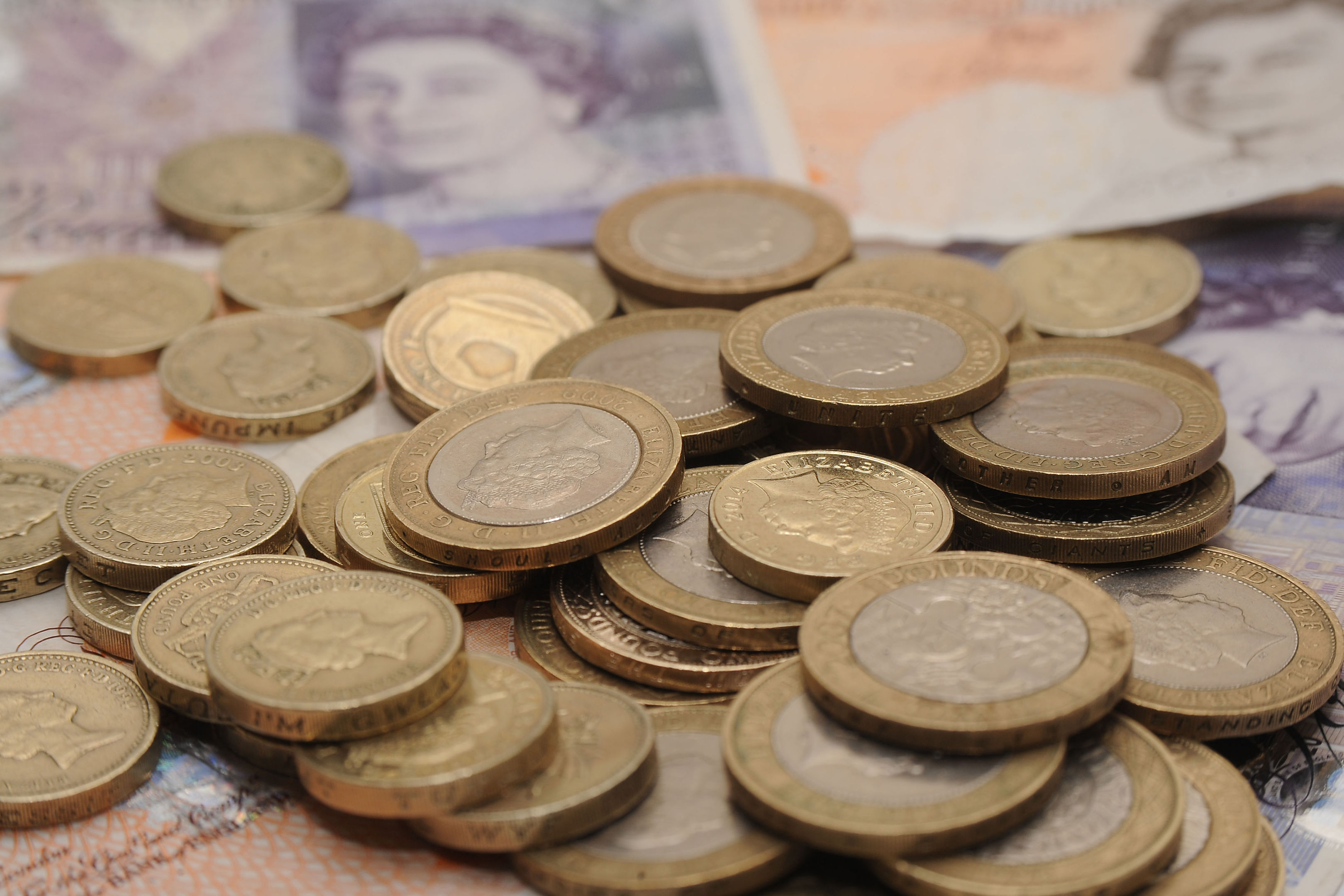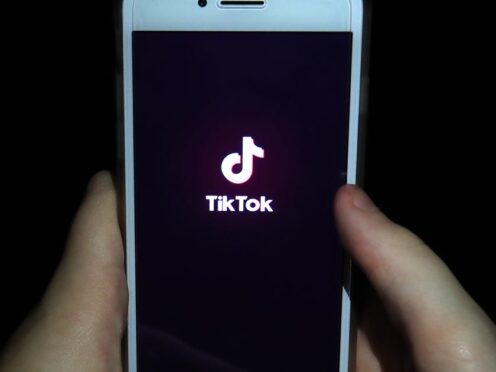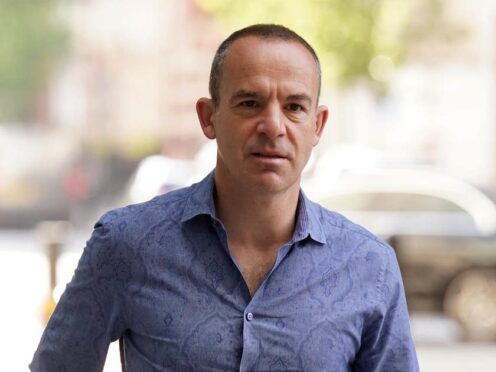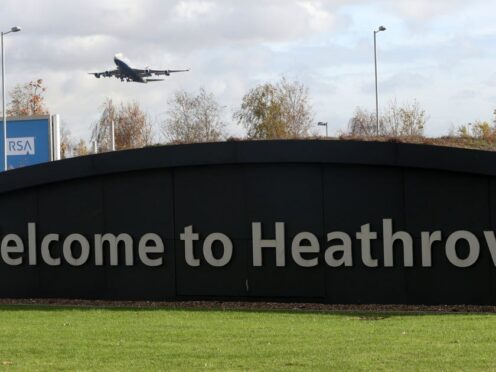Sterling plunged by as much as 6% against the dollar overnight in a “flash crash” during the Asian trading session.
The pound fell to 1.18 dollars in a matter of minutes, hitting fresh 31-year lows before recovering to 1.24.
Market-watchers pointed to comments by French President Francois Hollande, who insisted the European Union must take a tough stance in negotiating Brexit, and a “rogue algorithm”.
Kathleen Brooks, research director at spreadbetter City Index, said: “Apparently it was a rogue algorithm that triggered the sell-off after it picked up comments made by the French President, Francois Hollande, who said if Theresa May and co want hard Brexit, they will get hard Brexit.
“These days some algos trade on the back of news sites, and even what is trending on social media sites such as Twitter, so a deluge of negative Brexit headlines could have led to an algo taking that as a major sell signal for GBP.
“Once the pound started moving lower, then more technical algos could have followed suit, compounding the short, sharp, selling pressure.”
Traders have been increasingly alarmed since the Conservative Party conference began last weekend, with the Prime Minister giving her clearest indication yet that Britain is hurtling towards a so-called “hard Brexit”.
It would involve pulling Britain out of the European single market so the Government can tighten its grip on immigration.
What caused it?
Experts are pointing the finger at algorithmic trading computers.
What is algorithmic trading?
Algorithmic trading, sometimes referred to as algo-trading, involves programming computers to follow a set pattern of instructions when placing trades at lightning fast speeds, quicker than any human trader could. Their use aims to maximise profits at the fastest possible pace.
The instructions are based on numerous factors, including time, price and advanced mathematics. However, some algo platforms also trade on the back of news sites, and even react to social media sites such as Twitter.
Why might algos have triggered sterling’s overnight crash?
A spate of pronouncements emanating from the Conservative Party indicating that the UK is headed for a “hard Brexit” – whereby the country would quit the single market and its economic benefits, but reduce immigration – has spooked currency traders all week.
The overnight flash crash appears to have been sparked by more bad news, this time from comments made by French President Francois Hollande, who insisted the European Union must take a tough stance in negotiating Brexit.
Kathleen Brooks, research director at spreadbetter City Index, explains: “A deluge of negative Brexit headlines could have led to an algo taking that as a major sell signal for the pound. Once the pound started moving lower, then more technical algos could have followed suit – compounding the short, sharp, selling pressure.”
“Thus, the pound has been the victim of the digital, headline-driven world that we live in today. For sterling, algorithms have become the modern-day version of a George Soros.”
What next for the battered currency?
As algo trading becomes more popular and cost efficient, and Brexit creates more and more uncertainty and negative headlines, another flash crash could well be on the cards.
To compound matters, Ms Brooks highlights that currency markets are not regulated in the same way as stock markets and the pound is particularly vulnerable to a repeat of last night’s plunge.
She added: “Unlike the flash crash that impacted the Dow Jones in 2013 and which triggered an investigation by the US authorities, the foreign exchange market is not regulated in the same way, so there is unlikely to be an investigation and we may never know what actually happened last night.
“But, if there is another flash crash, the pound is vulnerable because such unstable forces are driving it.”










